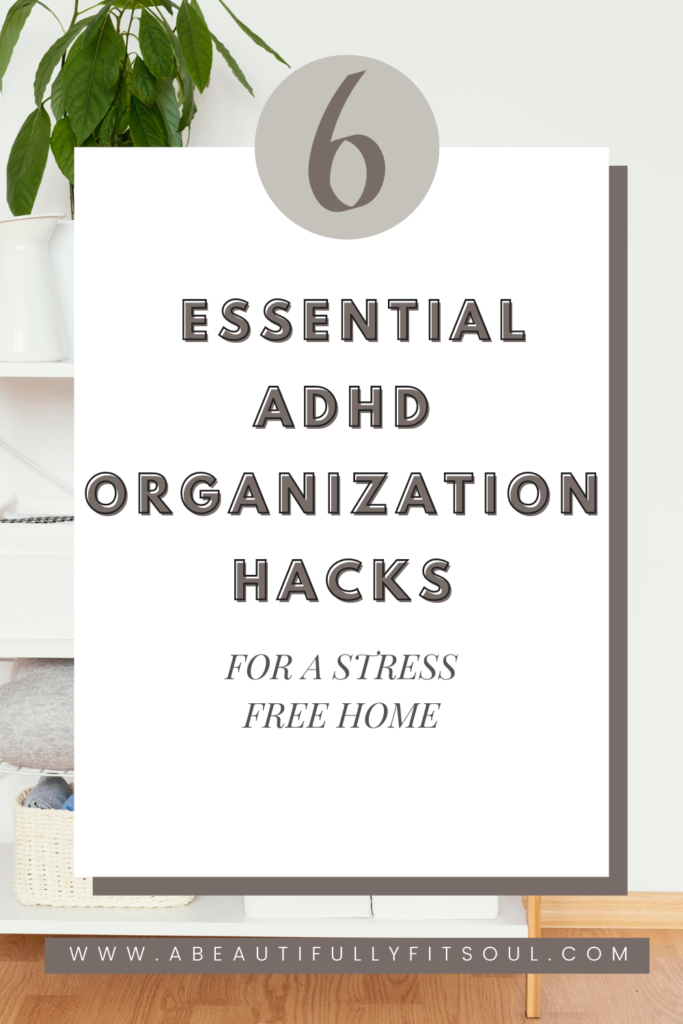Campaigns now educate people that ADHD is a neurological issue, not a moral failing. Initiatives like ADHD Awareness Month encourage conversations about the disorder, providing resources for families and individuals seeking support. Educational institutions are embracing inclusivity with IEPs and accommodations for ADHD students.
Popular
Mindfulness Approaches for ADHD
Mindfulness meditation, emphasizing nonjudgmental thought observation, is widely used for ADHD. Meditation boosts focus while alleviating common ADHD-related anxiety. Another effective method is the use of mindfulness-based cognitive therapy (MBCT), which combines cognitive behavioral techniques with mindfulness strategies. MBCT has shown promising results in helping individuals with ADHD develop coping mechanisms and improve emotional regulation.
Digital tools are increasingly aiding ADHD management. Many individuals are turning to apps and digital tools designed to improve time management and organization. These resources can be particularly beneficial for those who struggle with traditional methods of planning and task management, offering innovative ways to stay on track.
Physical activity is another crucial factor in managing ADHD symptoms. Research indicates that regular exercise can have a positive effect on mood, attention, and cognitive function. Schools and workplaces are beginning to recognize the benefits of integrating movement into daily routines. Programs that incorporate short physical activity breaks during lessons or work hours can lead to increased focus and overall productivity. Experts recommend that individuals with
ADHD concentration techniques engage in at least 30 minutes of moderate physical activity most days of the week.
Furthermore, utilizing mindfulness apps and resources can help individuals stay committed to their practice. Many apps offer guided meditations, breathing exercises, and reminders to practice mindfulness throughout the day. Setting aside time for mindfulness practice, even if it’s just a few minutes, can significantly impact attention and emotional regulation.
Additionally, the rise of technology has introduced various tools aimed at assisting individuals with ADHD. Apps designed for time management, organization, and task tracking have become increasingly popular. These digital solutions often incorporate gamification—turning tasks into games to motivate users and sustain their attention. One such app, "FocusMate," connects users with accountability partners to work alongside them in real-time, creating a virtual coworking environment that promotes focus and productivity.
Despite the availability of treatment options, stigma surrounding ADHD persists. ADHD is often unfairly associated with laziness or lack of effort. These false beliefs result in workplace and school discrimination against ADHD individuals. Dr. James Lee states, "Misunderstanding ADHD denies people the support they deserve." "We need to change the narrative and understand that ADHD is a legitimate condition that requires empathy and support."
One promising approach is the integration of behavioral therapies with cognitive-behavioral techniques. These therapies focus on building organizational skills, time management, and self-monitoring, which can help individuals with ADHD harness their unique cognitive styles. For instance, a recent study published in the Journal of Attention Disorders highlighted how structured routines and visual aids significantly improved focus in children with ADHD. Parents and educators are encouraged to create environments that minimize distractions and implement clear schedules to foster better concentration.
Moreover, recent research emphasizes the role of mindfulness and meditation in enhancing attention. Mindfulness practices, which encourage individuals to focus on the present moment, have been shown to improve self-regulation and reduce impulsivity. Techniques such as deep breathing and guided meditation can help individuals with ADHD develop greater awareness of their thoughts and feelings, allowing them to redirect their focus when distractions arise.

In recent years, growing attention has been paid to Attention Deficit Hyperactivity Disorder (ADHD) and its impact on individuals' ability to focus. A condition that affects millions worldwide, ADHD is characterized by symptoms such as inattention, hyperactivity, and impulsiveness. However, recent studies and innovative strategies are shedding light on effective methods to enhance focus and productivity for those living with ADHD.
Finally, a holistic approach that includes dietary considerations has emerged as a key area of interest. Some studies suggest that certain dietary changes, such as reducing sugar intake and incorporating omega-3 fatty acids, may positively influence ADHD symptoms. While more research is needed in this area, nutritionists advocate for balanced diets rich in whole foods to support cognitive health.
ADHD remains a prominent concern in today's era of increasing mental health awareness. ADHD management typically involves medication, therapeutic interventions, and lifestyle adjustments. Mindfulness is emerging as a complementary ADHD management tool, aiding focus, impulsivity, and emotional control.